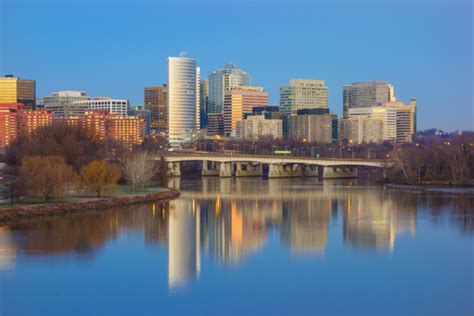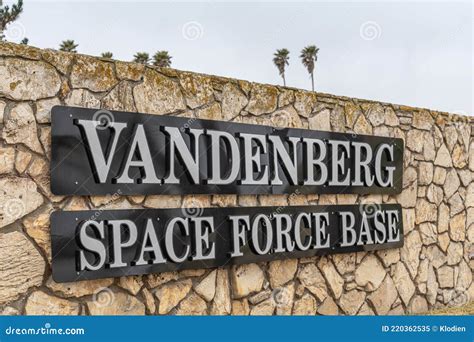Arlington, a county located in the Commonwealth of Virginia, is known for its rich history, cultural diversity, and thriving economy. The area is home to the Pentagon, Arlington National Cemetery, and several major corporations, making it an attractive location for professionals, families, and retirees alike. When it comes to buying a house in Arlington, there are several factors to consider, from the type of property that suits your needs to the neighborhoods that offer the best quality of life. In this comprehensive guide, we will delve into the Arlington real estate market, exploring the various aspects that buyers need to be aware of to make an informed decision.
Understanding the Arlington Real Estate Market
The Arlington real estate market is characterized by its diversity, with a wide range of properties available, including single-family homes, townhouses, condominiums, and apartments. The prices of these properties vary significantly depending on factors such as location, size, age, and condition of the property. For instance, homes in proximity to the Metro stations, such as those in the Ballston or Clarendon neighborhoods, tend to be more expensive due to their convenience and accessibility.
Neighborhoods in Arlington
Arlington is divided into several neighborhoods, each with its unique character, advantages, and price points. Some of the most popular neighborhoods for homebuyers include:
- Ballston: Known for its vibrant atmosphere, Ballston offers a mix of residential and commercial spaces, with easy access to the Ballston-MU Metro station.
- Clarendon: This upscale neighborhood is famous for its nightlife, restaurants, and shopping, making it a favorite among young professionals.
- Arlington Heights: For those looking for a more suburban feel without sacrificing accessibility, Arlington Heights is a great option, with its tree-lined streets and older homes.
- Shirlington: Located in the southern part of Arlington, Shirlington offers a village-like atmosphere, with a thriving arts scene and easy access to Washington, D.C.
Factors to Consider When Buying a House
Buying a house is a significant investment, and several factors should be taken into consideration to ensure that the decision is well-informed. These include:
- Budget: Determine how much house you can afford, considering not just the purchase price but also ongoing expenses like mortgage payments, property taxes, and maintenance costs.
- Location: The location of your home can significantly impact your quality of life. Consider proximity to work, schools, public transportation, and amenities like parks and grocery stores.
- Type of Property: Decide what type of property best fits your needs. If you prefer less maintenance, a condominium might be a good choice. For more space and a yard, a single-family home could be the way to go.
- School Districts: Even if you don’t have children, the quality of the local school district can affect the property’s value and desirability.
- Community and Amenities: Consider what amenities are important to you, such as pools, gyms, community parks, or walkability to shops and restaurants.
The Home Buying Process in Arlington
The process of buying a home in Arlington can be daunting, especially for first-time buyers. Here’s a simplified overview of what to expect:
- Get Pre-Approved: Before starting your home search, get pre-approved for a mortgage to understand your budget.
- Find a Real Estate Agent: A local agent can provide invaluable insights into the market and guide you through the process.
- Home Search: Based on your criteria, your agent can help you find homes that fit your needs and budget.
- Make an Offer: When you find the right home, work with your agent to make an offer. This typically includes a home inspection and sometimes a contingency on financing.
- Closing: Once your offer is accepted, the process moves to closing, where you finalize your mortgage, sign the deed, and receive the keys to your new home.
Financing Your Home Purchase
Financing is a critical aspect of buying a home. Buyers have several options, including:
- Mortgage Loans: Traditional loans, FHA loans, and VA loans are popular options, each with its own requirements and benefits.
- Down Payment Assistance: Some programs offer assistance with down payments, which can be particularly helpful for first-time buyers.
- Tax Implications: Understand the tax implications of homeownership, including the potential for deductions on mortgage interest and property taxes.
Conclusion
Buying a house in Arlington is a significant decision that requires careful consideration of various factors, from the type of property and neighborhood to financing options and the home buying process. By understanding the local real estate market, being aware of the current trends, and working with the right professionals, buyers can find their dream home in this vibrant and diverse county. Whether you’re a young professional, a growing family, or a retiree, Arlington offers something for everyone, making it an attractive place to call home.
FAQ Section
What are the most expensive neighborhoods in Arlington?
+The most expensive neighborhoods in Arlington typically include areas like Clarendon, Ballston, and parts of North Arlington, due to their proximity to Metro stations, amenities, and Washington, D.C.
Are there any first-time homebuyer programs available in Arlington?
+Yes, Arlington County offers several programs to help first-time homebuyers, including down payment assistance and mortgage credit certificates. These programs aim to make homeownership more accessible to residents.
How long does it typically take to close on a house in Arlington?
+The time to close on a house can vary, but typically, it takes between 30 to 60 days from the acceptance of an offer to the final closing. This timeframe can be influenced by factors such as the complexity of the transaction, the speed of the lender, and the efficiency of the title company.
What are the average property taxes in Arlington, Virginia?
+Arlington County has a relatively high property tax rate compared to other parts of the country. The average effective property tax rate is around 0.85% of the home’s value, but this can vary depending on the specific location within the county and the assessed value of the property.



